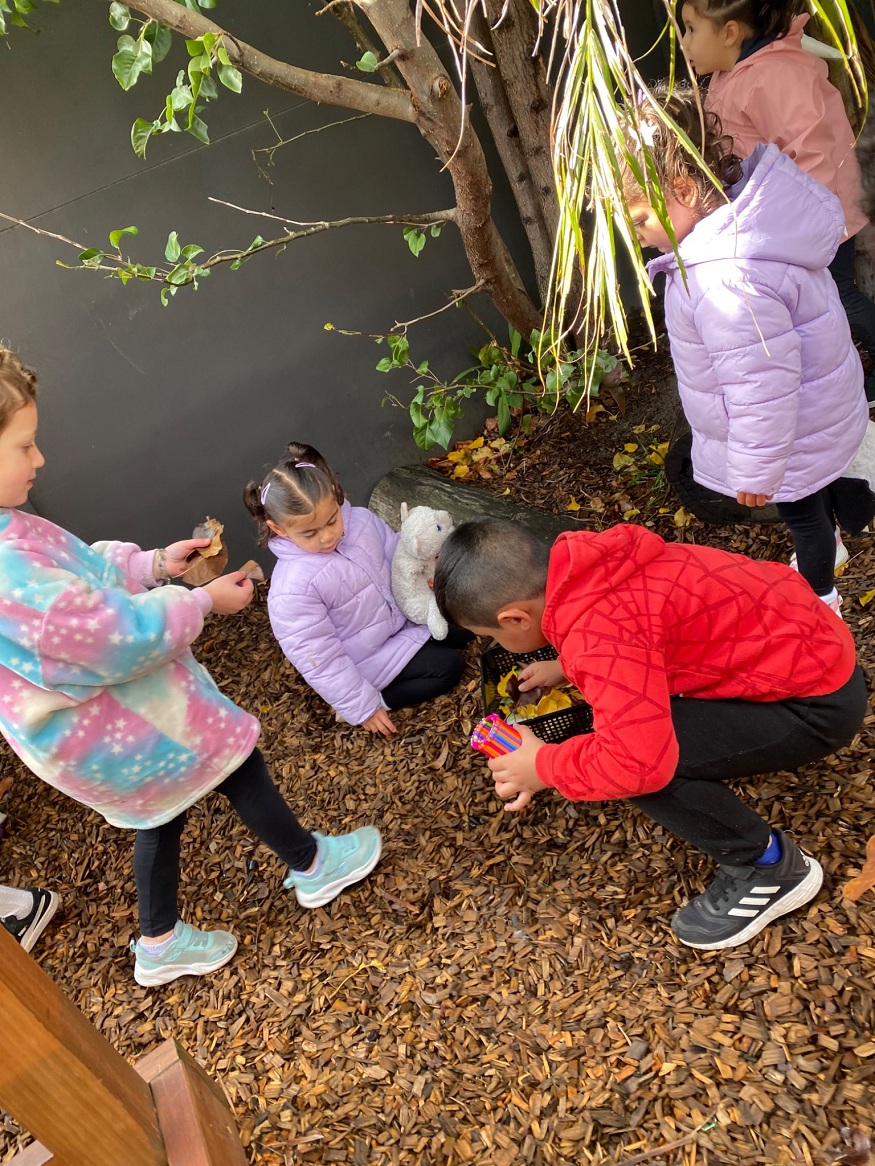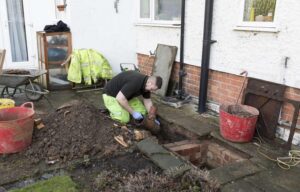Top 10 Health and Safety Practices Every Childcare Should Follow

As parents, entrusting our children to the care of others is one of the most significant decisions we make. We inherently seek environments where our little ones will not only thrive but also be safe. The paramount importance of health and safety in childcare settings cannot be overstated. A secure and nurturing environment is the very foundation upon which a child’s development flourishes, and it is what builds an unshakeable sense of trust with parents.
Are you confident your childcare center is providing the safest possible environment for your little ones?
Beyond focusing on enriching educational activities for kindergarten or the benefits of sessional kindergarten versus long day care kindergarten, a truly exceptional early learning environment prioritizes the well-being of every child above all else.
At Kids Haven in this blog guides. When you are choosing a kindergarten, health and safety protocols should be at the top of your list.
Let’s delve into the essential practices that define a truly safe and healthy childcare environment:
Essential Practices:
- Strict Supervision Ratios: Adequate staff-to-child ratios are not just a recommendation; they are a critical safeguard. These ratios ensure that every child receives the individual attention they need, significantly reducing the risk of accidents. For example, in India, specific guidelines are in place to ensure appropriate supervision, which directly contributes to a safer learning space.
- Robust Illness Prevention & Management: A robust illness prevention strategy is crucial. This includes strict handwashing protocols for both staff and children, clear exclusion policies for sick children and staff to prevent the spread of contagions, and diligent sanitization of toys, surfaces, and equipment. Open communication with parents regarding illness outbreaks is also vital to keep everyone informed and safe.
- Secure and Maintained Facilities: Regular safety checks of both indoor and outdoor play areas are non-negotiable. This means meticulous child-proofing – outlet covers, cabinet locks, safety gates – and rigorous maintenance of all equipment to ensure there are no broken parts or splinters that could harm a child.
- Emergency Preparedness: Every childcare center must have detailed emergency plans in place for various scenarios, including fire, natural disasters, and medical emergencies. Regular drills and comprehensive staff training ensure that everyone knows their role, while clear evacuation routes and assembly points provide a pathway to safety.
- Safe Sleep Practices (for Infants): For infants, adherence to safe sleep practices is paramount. This includes the “Back to Sleep” policy, ensuring clear cribs free of loose bedding, bumpers, or toys, and maintaining appropriate sleep environments with comfortable temperatures.
- Allergy and Medication Management: Clear and precise procedures for identifying and managing allergies are essential. This extends to proper storage and administration of medication, always with clear communication and consent from parents regarding specific needs.
- Food Safety and Nutrition: Hygienic food preparation and storage practices are fundamental to prevent foodborne illnesses. Centers should also provide appropriate portion sizes, balanced meals, and be vigilant about addressing potential choking hazards in food.
- Outdoor Play Safety: Outdoor play is vital for a child’s development, but it must be safe. This requires constant supervision in outdoor areas, the use of safe playground surfaces like mulch or rubber, and clear sun protection policies, including the use of sunscreen, hats, and access to shaded areas.
- Staff Training and Certification: The competence of staff is directly linked to the safety of the children. All staff should hold current First Aid and CPR certification, engage in ongoing professional development focused on health and safety, and undergo thorough background checks.
- Open Communication with Parents: Transparency and open communication build trust. Childcare centers should provide regular updates on policies and procedures, promptly report any incidents or concerns, and actively encourage parent feedback and involvement in their child’s care.
Prioritizing health and safety is not merely a box to be checked; it is a non-negotiable aspect of quality childcare and an integral part of any successful kindergarten or preschool experience. When centers commit to these essential practices, they create environments where children feel secure, allowing them to explore, learn, and grow to their full potential. This commitment directly impacts children’s well-being and fosters their holistic development.
Parents, we encourage you to ask probing questions about these practices when choosing a kindergarten. Childcare providers, we urge you to regularly review and update your health and safety protocols, ensuring your center remains a truly safe and nurturing haven for every child in your care.
If you’re looking for a childcare center that puts your child’s safety and well-being first, Kids Haven is here for you. Our commitment to providing a secure, nurturing, and enriching environment is reflected in everything we do. To learn more about our health and safety practices or to book a tour, contact us today at (03) 9359 0022 or 0430 354 488.
Join the Kids Haven family online! Follow us on Facebook and Instagram for expert insights, exciting program highlights, and all the joyful moments your child experiences with us







